Physical Address
304 North Cardinal St.
Dorchester Center, MA 02124

Are you a dog parent? Whether it’s your first puppy or you’ve had dogs since childhood, you’re probably curious about their amusing and peculiar behaviors. We’ve gathered the most frequently asked questions about dogs from pet parents and potential pet owners. Here are the FAQs you should know right now.
The right food provides complete nourishment and nutrients based on your dog’s age, breed, size, and health needs. Consult with your vet or a canine nutritionist to determine the best diet for your dog.
Puppies can sleep 16-20 hours a day, adult dogs 8-13 hours, and senior dogs even longer due to health issues or medication.
Bathing frequency depends on your dog’s activity level and lifestyle. Generally, once every two weeks is fine, but indoor dogs may need baths less frequently in winter.
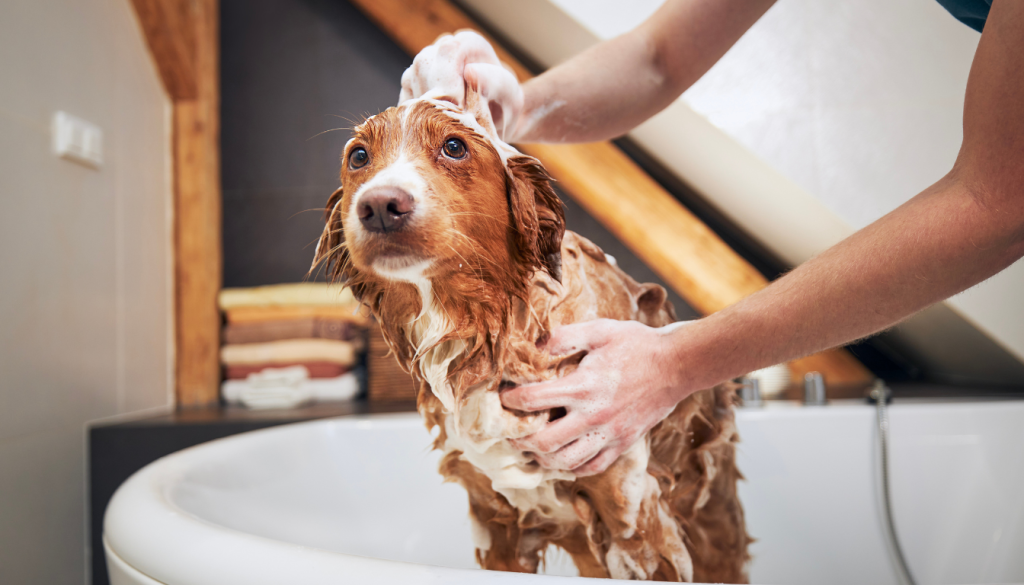
This behavior could stem from marking territory, health issues, or being in heat. Male dogs are more prone to territory marking, but female dogs can do it too.
No. Human shampoos strip dogs’ natural oils, leading to skin problems. Always use a shampoo specifically formulated for dogs.
Puppies need deworming starting at 28-30 days old, then every 14 days until 3 months, monthly from 3-6 months, and every 3 months thereafter.
In their first year, puppies need 4 vaccines with 4 booster doses. Yearly boosters for DHPPiL, Anti-Rabies, Canine Corona, and Kennel Cough are recommended.
Yes. Dogs need professional teeth cleaning every few months or regular brushing to prevent plaque and tartar buildup.
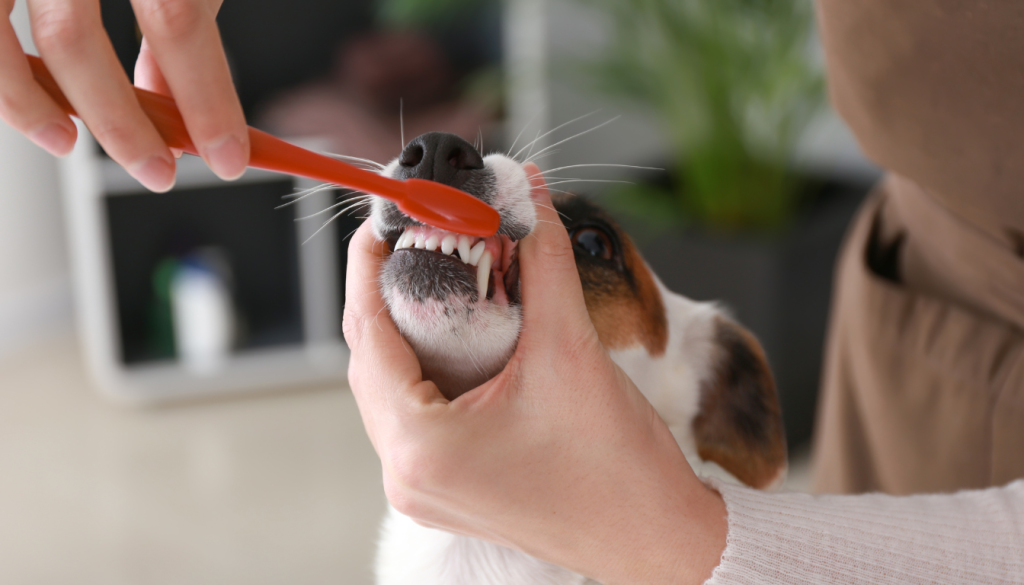
Choose a reputable doggy daycare or boarding facility, ensuring your dog is up-to-date on vaccines and flea treatments. Communication and video calling facilities are a plus.
While some dogs can stay alone for 6-8 hours if trained, it’s generally not recommended to leave them alone for an entire day.
Look for signs like lethargy, lack of appetite, vomiting, diarrhea, excessive thirst, high temperature, or unwillingness to walk. Seek veterinary care immediately if these occur.
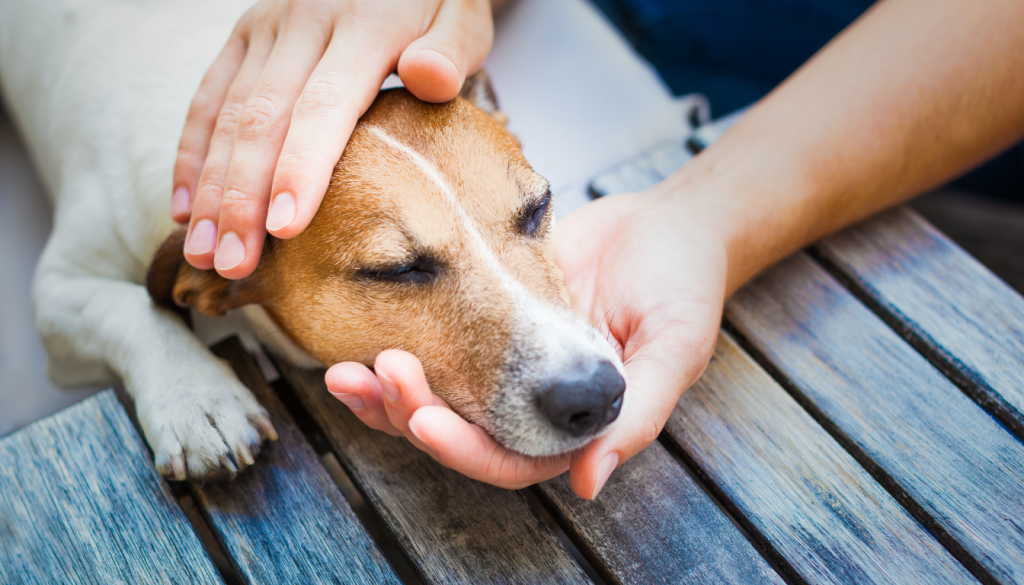
A rectal temperature above 103°F indicates fever. Signs include lethargy, loss of appetite, glassy or sunken eyes, dry nose, gums, and panting.
Some human foods are safe, but avoid starchy, sugary, and fatty foods. Consult a list of dangerous foods before sharing your meals with your dog.
Biting behavior is more about training than breed. Proper training can prevent aggression in any breed.
Only if your dog is well-trained and not prone to anxiety or aggression. Always supervise interactions between dogs and young children
Yes, dogs can learn new behaviors at any age. Consider the underlying cause of any behavioral issues and seek help from a canine behaviorist if needed.
Dogs bite due to fear, anxiety, stress, or to communicate discomfort. Identifying and avoiding triggers can help reduce biting incidents.
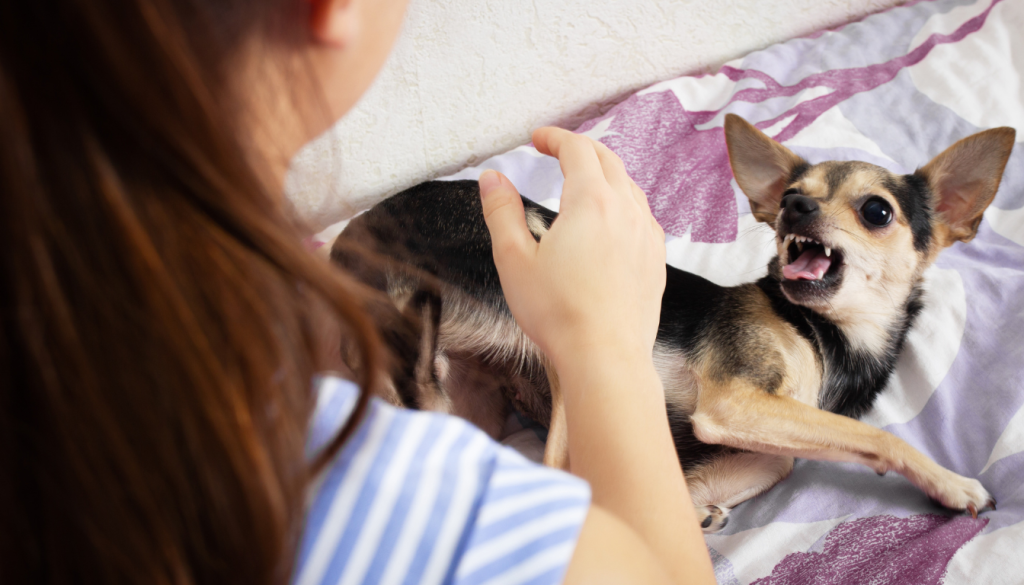
Only under veterinary supervision. Some human meds are safe, but dosages and drug types differ between humans and dogs.
Note changes in behavior, locate the nearest emergency veterinary clinic, check reviews, call ahead, and take your dog in immediately.
Signs of overeating include restlessness, lethargy, a distended belly, panting, drooling, and retching. Consult a vet if you notice these signs.
Grass provides fiber and can help dogs with digestion. However, avoid letting your dog eat grass from sidewalks due to potential contaminants.
Young puppies chew due to teething pain. Provide chew toys to alleviate discomfort and protect your belongings.
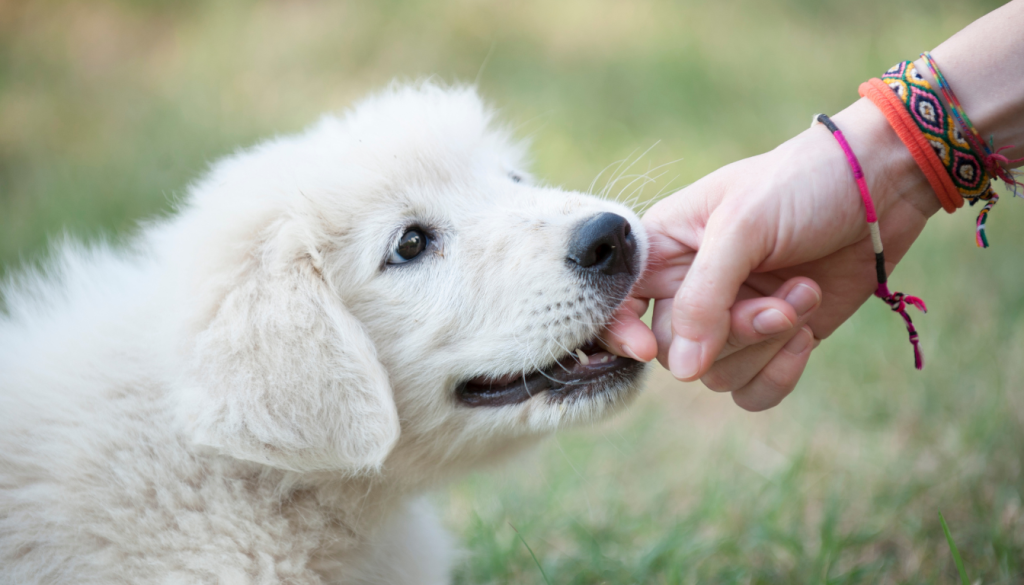
Puppy biting is normal but should be discouraged. Use chew toys and establish boundaries with a firm “No!” and stopping play.
Excessive scratching can indicate parasites or allergies. Consult a vet for diagnosis and treatment options.

These can be signs of indigestion or infection. Seek veterinary care immediately for proper diagnosis and treatment.
No. Chocolate is toxic to dogs and can cause severe organ damage.
Puppies need frequent check-ups for vaccines. Adult dogs should visit the vet at least three times a year for vaccines and annual health evaluations.
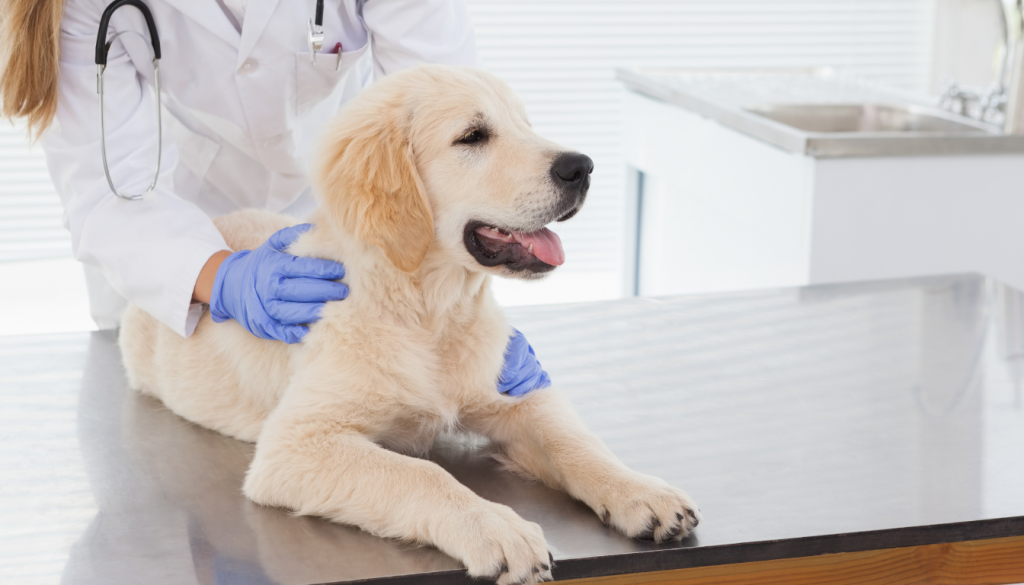
Understanding your dog’s needs and behaviors is key to their happiness and health. We hope these FAQs provide valuable insights for all dog parents. For any additional questions or concerns, consult a veterinarian or canine expert.